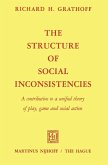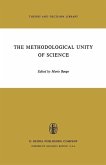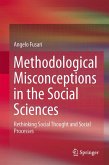This book analyzes practical and moral influences on voting decisions. Undermining the widespread assumption that economic self-interest is the key determinant of voting choices, it discovers that moral considerations rooted in religious traditions are often the more decisive. This finding is confirmed through a close analysis of tangible problems, such as child neglect and crime, problems which one would expect to trouble practical voters. Further, this book suggests that political ideologies influence party affiliation, rather than the other way around. It defines four categories of states in terms of human development and income equality-South, Heartland, postindustrial, and "balanced." It then explains why political color (red, purple, or blue) and societal problems vary across these categories. Voters' moral ideologies, it shows, combine with a state's measure of income equality and human development to shape a state's readiness to pursue practical solutions to societal problems. Finally, it shows that moral ideologies of the religious right and authoritarianism, two very different concepts, are in fact intertwined empirically. This book thus suggests that education-a key driver of human development, anti-authoritarianism, and deliberative voting-should begin in preschools that are both nurturant and instructive.
Dieser Download kann aus rechtlichen Gründen nur mit Rechnungsadresse in A, B, BG, CY, CZ, D, DK, EW, E, FIN, F, GR, HR, H, IRL, I, LT, L, LR, M, NL, PL, P, R, S, SLO, SK ausgeliefert werden.









